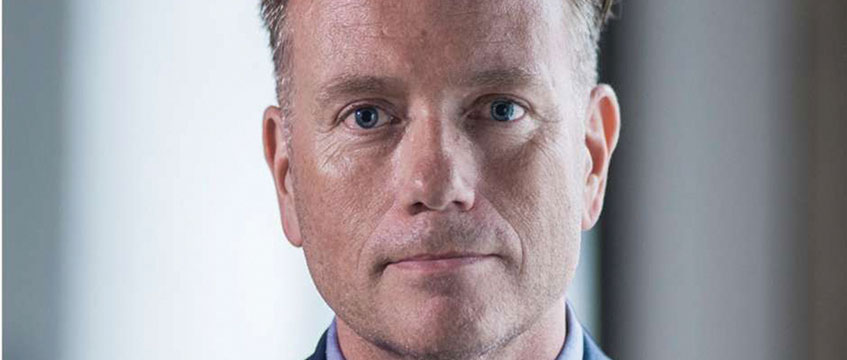Getting good deals done is hard work in any market. Add in a bit of Brexit and political uncertainty and we get the 28% decline in UK commercial investment activity seen for the first three quarters of 2019.
Of course, if I were to search for the silver lining to this bad news, it is that we have witnessed downward pricing pressure for the risk-on assets. Taking that “silver lining” analogy further, when I think about 2019, I think sometimes it is the deals that you don’t do that define one’s track record.
In this end-of-year letter, I’d like to raise a (half-full) glass to our market and to finding the silver lining that comes with every dark cloud and to reflect on why we’re thankful to be in the London office market today.
To be clear, this is not the same as self-delusion or blowing sunshine. It’s really about searching for perspective, being prepared to search for opportunity in whatever comes our way and learning to say thank you.
Thank you democracy
During my 30 years in the industry I’ve lived in a few cities, including seven years in Jakarta (where I witnessed the overthrow of President Suharto after 31 years of autocracy) and 13 years in Hong Kong. I would never have imagined that Hong Kong would experience the level of social and political turmoil that it has been, and truly hope that the people and governments can find a satisfactory resolution.
I’m not trying to “play down” Brexit, but this is democracy at work and, while it is not particularly pretty, we should all be thankful for the UK’s democratic roots, which go back as far as the 1215 Magna Carta, the Glorious Revolution of 1688 and, more recently, the 1918 Representation of the People Act.
Whatever happens, I am happy to be navigating these waters rather than the difficulties of a relatively untested Basic Law governing the people and governments of Hong Kong and China. Our democracy and our independent judiciary is far more than simply a glass half-full.
Whatever comes next, it is within our power to effect change. And if in the meantime we experience further market volatility, we’ll continue to navigate that with the help of some very important industry partners who are next to deserve our thanks.
Thank you surveyors
How hard would our jobs be if we didn’t have these men and women feeding us market intelligence, representing us and providing us with a broad range of critical services, or just fighting to get us the £2 per sq ft in additional rent?
Our democracy and our independent judiciary is far more than simply a glass half-full. Whatever comes next, it is within our power to effect change. And if in the meantime we experience further market volatility, we’ll continue to navigate that with the help of some very important industry partners
London is blessed with a deep pool of talent that serves the entire investment life cycle, and frankly they don’t ask much for it – and their work is almost always performance linked. It can be easy to point to bad apples, but there are also some absolute rock stars out there, and their governing body, the RICS, continues to evolve and educate on best practices, including its 2018 rules on managing conflicts of interest.
This sort of commitment to transparency and integrity in our industry is tough to measure in the short term, but over the long term inspires confidence and makes a market far more resilient to exogenous shocks. Another great example of long-termism at work is the power of the UK as a talent generator and what it means for resiliency.
Thank you UK talent
As a London-based landlord with a fairly strong bias towards creative buildings, we meet a lot of tenants who use office space as a means to attract and retain talent. These days, whenever I meet a tenant who is growing, I ask them why they are sticking with London and not considering another city in Europe. The answer is almost always about staying close to where the best talent pool is and wants to be.
If you’re looking for more anecdotal evidence, Google’s and Apple’s London headquarters are great examples of important post-EU-referendum commitments to London. In this age of disruption, having some of the world’s greatest universities nearby is an incredible advantage.
The Times Higher Education World University Rankings 2019 reported that UK universities rank first, second and ninth in the top 10 universities of the world. The other seven are all in the US. This achievement is even more impressive when you consider that our top three universities represent 40% of the total number of full-time students in the top 10, despite the UK population being one-fifth the size of the US population. And while the US grapples with anti-immigration sentiment, this September the UK returned to its pre-2012 policy of granting two-year work visas for foreign graduates of UK universities.
This sort of infrastructure is helping London to diversify its industry and employment base during a period of consolidation and disruption in the insurance and finance sectors, and will no doubt improve the city’s resiliency from shocks to follow. That’s not to say those won’t come with pain, but just that I’d rather be facing those challenges in London.
READ MORE: Seaforth Land: ‘We’re lean, we’re hungry, we’re young’
Tyler Goodwin is founder and chief executive of Seaforth Land











